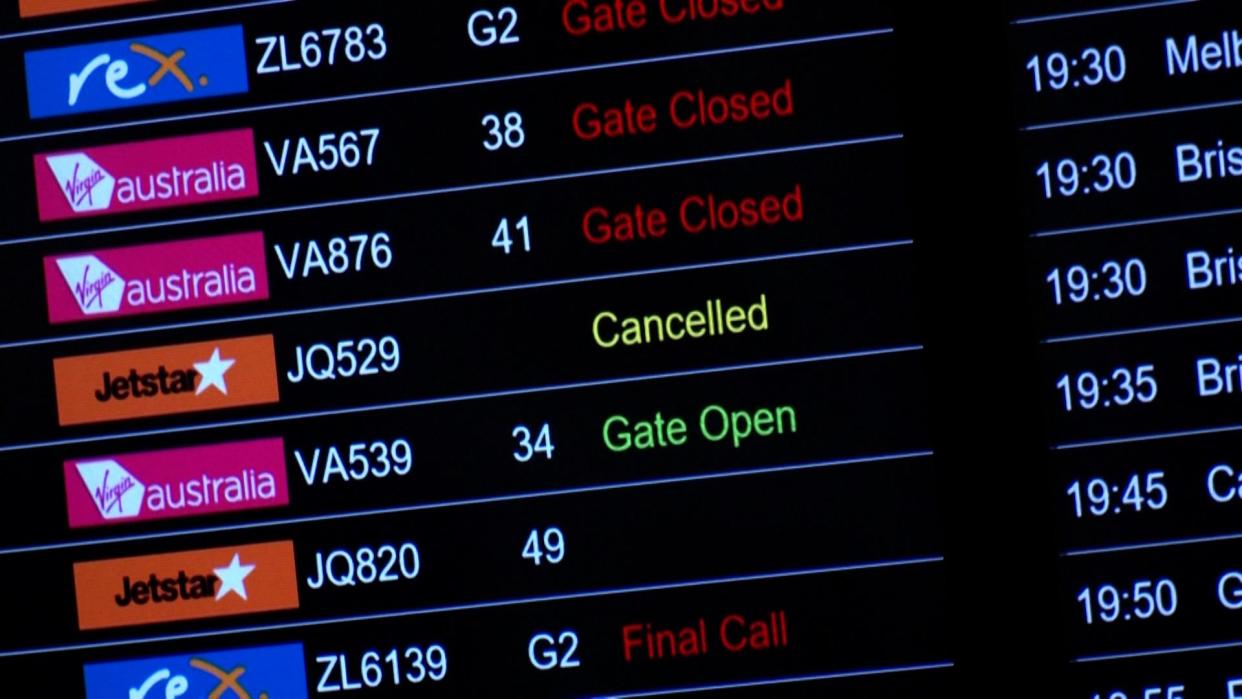Here's how the global Microsoft outage may, or may not, impact you

Were you impacted by Friday's global Microsoft outage along with airports and businesses across New York?
Here's what to know about how the global tech outage may affect you.
Who is impacted by the global Microsoft outage
Users have, for instance, encountered a blue screen on computers and are unable to use them. But the issue is reported to have largely affected businesses, services organizations, banks, and agencies.
U.S. cybersecurity firm CrowdStrike said its software update affected the Microsoft Windows operating system. The problem has led to grounded flights and disrupted transit services, medical facilities, 911 call centers, financial transactions, and more.
Lower Hudson Valley: Widespread Microsoft outage causes backups at Westchester County Airport
CrowdStrike's website said computers that were turned on after 12:27 a.m. (5:27 UTC) should not be affected because they would not have received the update that is believe to have caused the issue.
“This is not a security incident or cyberattack. The issue has been identified, isolated, and a fix has been deployed.” George Kurtz, CrowdStrike’s chief executive, said on X, formerly known as Twitter.
A Mashable article suggested Downdetector as a place to find out which things are affected. The article also said a company’s systems administrator typically maintains the CrowdStrike software, so someone who is dealing with an issue should report it to the system administrator.
The problem has not affected Mac- or Linux-based computers, according to CrowdStrike.
Should you trust security updates after Microsoft outage?
Jake Moore, a global cybersecurity advisor with ESET, said by email that the issue "is affecting businesses and in particular those that have set their devices to automatically update their security patches. This is common procedure and usually very safe to do so around the world for Windows machines."
While the Microsoft outage has not resulted in any known security breaches, there are things you can do to prevent them from happening. Using two- or multi-factor authentication on your devices and social media profiles can add an extra layer of protection. Other recommendations include using passwords that are 12 characters or longer (and do not reuse the same password for more than one website or account.) Be sure to use secure payment methods and shop trusted websites. Log out of accounts when you're done using them, and don't click on suspicious links or attachments from unknown sources.
Moore added that consumers "shouldn’t lose faith (after the outage) and in fact, people should continue to trust updates as they come packed with multiple ways to protect computers from known vulnerabilities.
"Criminals constantly look to take advantage of known problems so once a third party provider is aware of the problem, they act fast and it is important that it is patched and deployed to all those affected quickly."
Contributing: USA TODAY
This article originally appeared on Rockland/Westchester Journal News: Microsoft outage continues: What New Yorkers need to know
